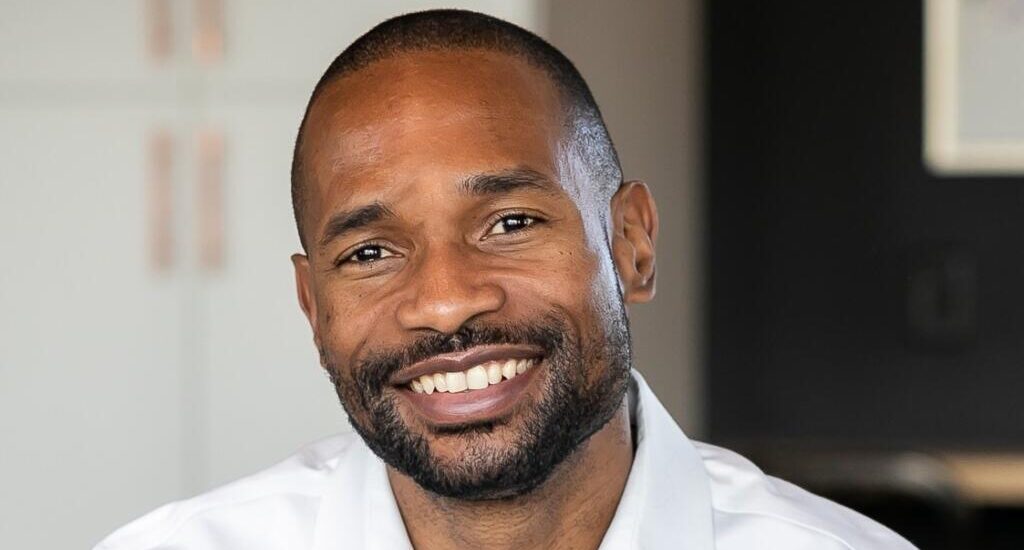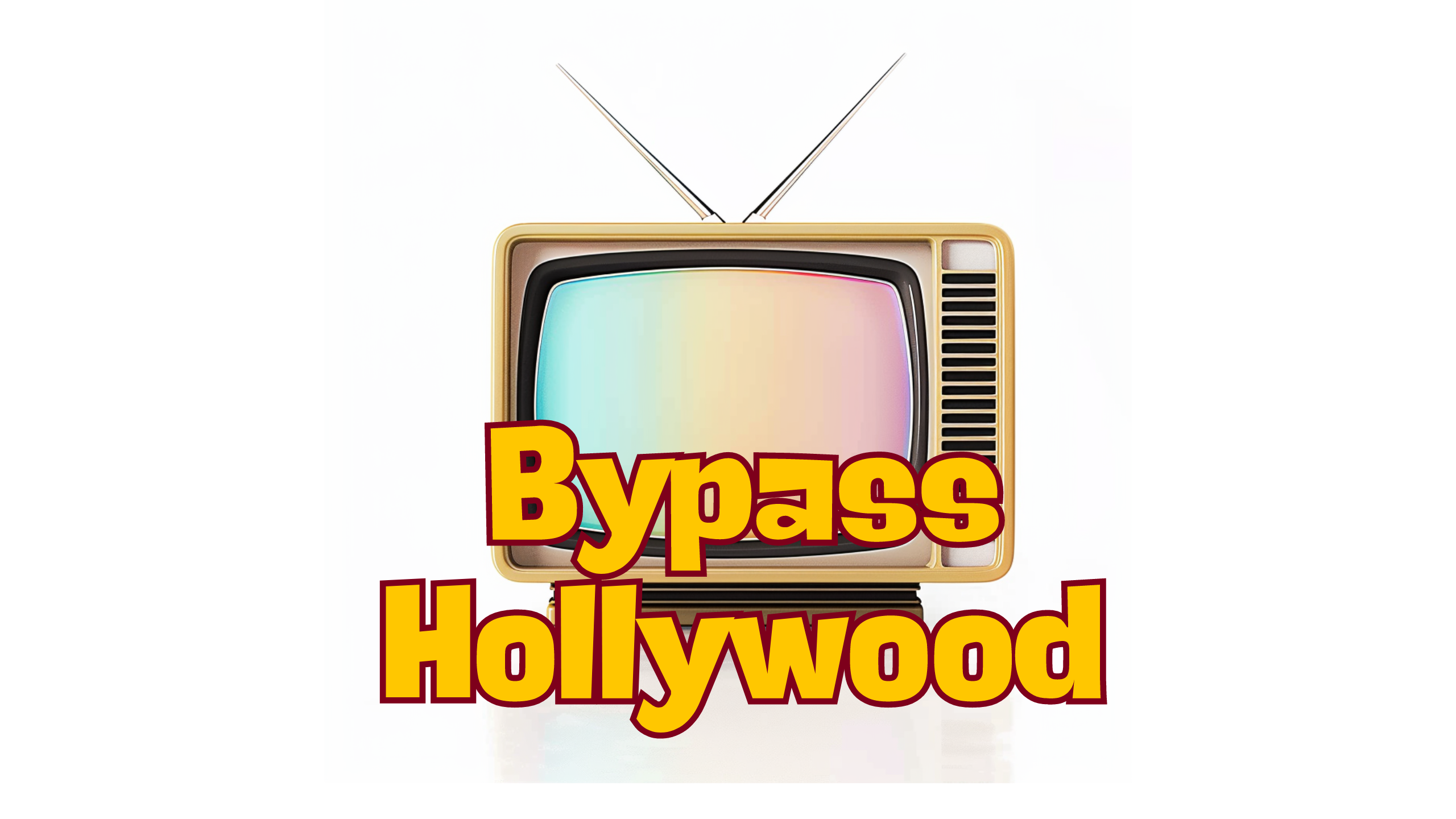


At a time when Hollywood gatekeeping is tighter than ever, Gregory Maurice from Filmhub is leading a movement to empower independent filmmakers, especially Black creators, to take control of their distribution and destiny. Instead of waiting for validation from traditional studios, filmmakers now have a powerful partner in Filmhub, a distributor that prioritizes transparency, meritocracy, and real-world access to over 150 channels. Maurice’s journey—from growing up in Haiti to becoming a leading voice in distribution for Black cinema—reflects the very spirit of independence he now helps others achieve.
In this candid conversation, he shares the tactical steps creators should take to maximize their success, the importance of realistic expectations, and why grassroots, face-to-face marketing is a timeless strategy filmmakers can no longer ignore.
For those who are not familiar with you and Filmhub, can you tell us a little bit about both?
My name is Gregory Maurice, and I’ve been in the industry for the past 15 years. My skill set has always been in acquisitions and distribution, with a strong focus on Black cinema. I’ve released over 400 to 450 titles, many in the Black cinema space. Filmhub is probably the largest distributor for Black filmmakers, and we work with over 150 channels globally. Our core values are meritocracy and transparency. We don’t want to be gatekeepers — we want to empower filmmakers to control their own destinies.
Tell us a little bit about yourself. Where are you from, and how did you get into the industry?
I came to the U.S. from Haiti when I was 13, grew up in New York, and went to Sacred Heart University where I studied media studies and communications. My mom worked in HR at a TV station back in Haiti, so from a young age, I was exposed to marketing, production, promotions — all aspects of media. After college, I worked for an Investor Relations Firm on Wall Street, but I realized entertainment and sports were my passion. I moved to LA, worked at Fox, and got deep into distribution. I’ve always been driven by a desire to advocate for filmmakers, helping them monetize their titles and strategize for distribution.
For creators thinking about different options, why should they work with Filmhub instead of going directly to a buyer?
As a filmmaker, you have to know what you want out of your title. If you have a direct relationship with a channel, that’s great. But realistically, most filmmakers can’t have direct relationships with 150 different channels. That’s where Filmhub comes in. We leverage our relationships to distribute widely. It’s about knowing your goals — if you want a festival run, that’s one path; if you want mass distribution, that’s another. But filmmakers should think about distribution even before they start production.
When people think about Black cinema, there’s often a stereotype. What other genres are in demand that filmmakers should consider tapping into?
There’s huge demand for thrillers, faith-based films, action — not just crime or “urban” stories. The Black community is diverse, and so are our tastes. Everything that works in mainstream Hollywood works in Black cinema too. Part of my job is educating buyers to recognize that and not box Black content into one stereotype.
Is there demand for Black family or kids’ content?
Absolutely. There are entire channels focused solely on family content. We have great relationships with those buyers. If a filmmaker has clean, family-friendly Black content, there’s definitely a market for it. We actively communicate with filmmakers when channels request specific types of content.
Technology is advancing. Are buyers open to AI-generated films or content made on iPhones?
Personally, I haven’t seen much AI-made content come through yet, but AI is becoming part of everyday life. If the content passes our quality control (QC) process — meeting technical standards for video and audio — then it’s eligible for delivery to channels. Some channels might have restrictions, but overall, it’s about quality, not the tool used.
What do you do to make it easy for filmmakers to pass the QC process?
From the acquisition stage, we educate filmmakers about specs, key art requirements, trailers, and more. If they follow the checklist we give them, they should pass QC in five to seven days. After that, our licensing team immediately starts pitching and licensing the title to channels.
To partner with Filmhub, what are the costs and percentage splits involved?
We offer a non-exclusive deal that’s an 80/20 revenue split — the filmmaker keeps 80%. If you want us to secure a Pay 1 license, invest marketing dollars, and possibly give you an advance, that’s a 70/30 split. We don’t charge filmmakers for delivery fees, which sets us apart from many others.
If someone signs an exclusive deal, what does the marketing support look like?
We collaborate with filmmakers because they know their audiences better than we do. For exclusive titles where we invest marketing dollars, we work together to plan how to promote the release using our relationships and strategies.
If a filmmaker has multiple projects, can they test them with buyers before deciding which one to fully commit to?
Yes. Our head of marketing has a system to test key art and trailers for engagement before a release. It helps us — and the filmmakers — gauge what’s going to resonate best with audiences.
When it comes to Black cinema, what’s realistically possible financially for filmmakers?
There are real success stories. For example, we had a police officer-turned-filmmaker from Memphis who shot his film for about $10,000. A year later, he had generated over $200,000 from that one title. Technology makes production more affordable now, and if you have the right story and strategy, it can be very lucrative.
What’s one thing you wish filmmakers using Filmhub better understood upfront?
Expectation management. Every filmmaker believes their project is the next big thing — and that’s natural because of the passion involved. But not every title is going to make seven or eight figures. It’s important to have realistic goals, understand the marketplace, and communicate clearly so we can help meet — or even exceed — those expectations.
What have you seen work best in terms of marketing that filmmakers should think about?
People forget the power of grassroots, face-to-face marketing. Word of mouth is still incredibly powerful. Some of the most successful filmmakers we work with go to barbershops, churches, local businesses — just talking directly to people. Personal interaction beats blasting emails or social media posts every time. One example is a Robenson Lauvince, July 7’s Director who is currently doing a local tour, targeting Haitian-American communities and selling out screenings by connecting directly with people.




